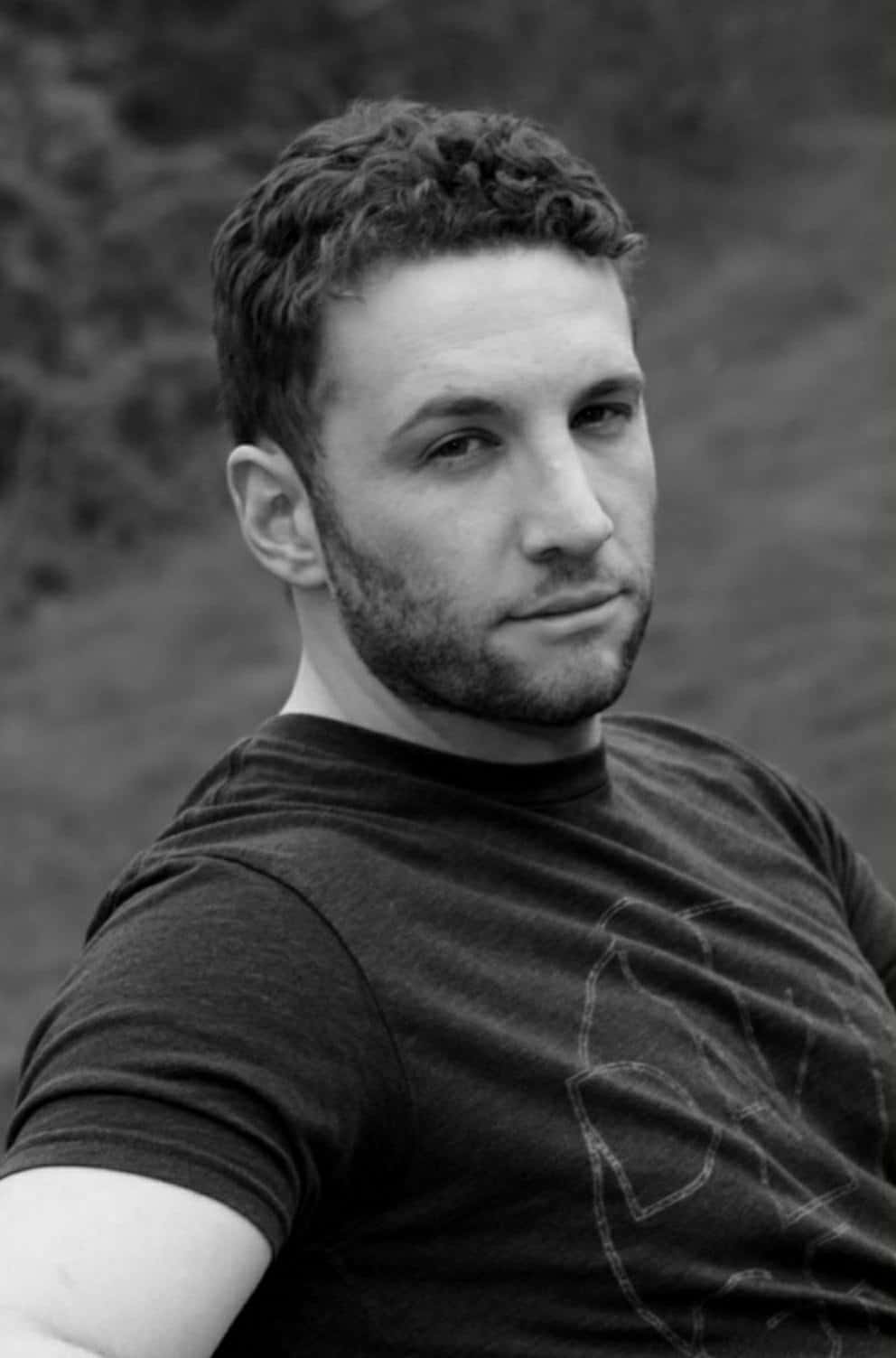During a July 10, 2023, broadcast of The Yaron Brook Show, Chairman of the Board of the Ayn Rand Institute (ARI) Yaron Brook accused American historian Tom Woods of being a “moral subjectivist,” a “religionist,” an “anarchist,” “pro-Putin” and an “American hater.”
Woods serves on the board of directors of the Libertarian Institute and hosts the popular and influential libertarian podcast The Tom Woods Show. Brook’s rhetorical attack on him might seem merely absurd, but these are serious charges. They demand a response.
Being an American hater in America is one of the worst transgressions one can be tagged with.
On the other hand, being an American hater in Afghanistan or Iraq (where America killed hundreds of thousands of civilians) or being an American hater in Vietnam (where America killed millions of civilians) or an American hater in Yemen (where America continues to midwife Saudi Arabia’s genocidal war) might be viewed more positively by your neighbors.
When hijacked planes were hitting American buildings on September 11, 2001, the list of suspects was long. As Chalmers Johnson put it:
“Until passenger manifests revealed that the airliner hijackers were mostly from Saudi Arabia, I myself thought that the attacks could be blowback from American policies in any number of places, including Chile, Argentina, Indonesia, Greece, all of Central America, or Okinawa, not to mention Palestine and Iran.”
But in America, an American hater has egregiously violated national in-group loyalty. Woods is no hater. He is an American lover, and he has dedicated his life to understanding and promoting the best of America. He’s just objective enough to realize that America and the Imperial U.S. Government (IUSG) are not the same thing. In the name of precision, it wasn’t “America” that killed millions of Vietnamese peasants. That was the IUSG up to its old tricks.
In Brook’s habitus, it’s impossible to distinguish the IUSG from the nation state or the American people. On the flip side, it is also difficult for foreigners to distinguish between peaceful, friendly Americans and the IUSG when high explosives are tearing apart their friends, family, and compatriots.
This slippage makes all Americans less safe. Currently, the IUSG is recklessly provoking the Russian government, a government that possesses thousands of hydrogen bombs. If the Russians decide to incinerate the IUSG, the American people will be going up in smoke, too. Woods isn’t “pro-Putin,” he merely wants humanity to avoid nuclear winter.
Brook also accused Woods of being a “moral subjectivist” and a “religionist.”
Brook is a proponent of Objectivism, Ayn Rand’s “unique” philosophical project. Within this project, morality itself is viewed as “objectivist,” can be known to us through reason and was in fact known to Rand. The great enemy of Objectivism is subjectivism:
“In regard to the humanities, consciously or subconsciously, explicitly or implicitly, most people revert to the epistemology of prehistorical savages, i.e., to subjectivism.”
The implication is that Woods is a Paleolithic savage, unenlightened by Ayn Rand, the Argonaut of Reason.
Thus, Brook’s rhetorical attack on Woods juxtaposed subjectivist vs. objectivist views of morality, evoking a longstanding intellectual debate. This debate was laid out by the American biologist E.O. Wilson in his book Consilience: The Unity of Knowledge:
“Centuries of debate on the origin of ethics come down to this: Either ethical precepts, such as justice and human rights, are independent of human experience or else they are human inventions.”
Wilson called these the “transcendentalist” and “empiricist” views:
“Every thoughtful person has an opinion on which of the premises is correct. But the split is not, as popularly supposed, between religious believers and secularists. It is between transcendentalists, those who think that moral guidelines exist outside the human mind, and empiricists, who think them contrivances of the mind. The choice between religious or nonreligious conviction and the choice between ethically transcendentalist or empiricist conviction are cross-cutting decisions made in metaphysical thought.”
Brook, following Rand, situates himself in the atheist and transcendentalist camps while denouncing Woods for being in the theist and empirical camps. But he uses the terms “religionist” (which contains the meaning of being addicted to religious zealotry) and “subjectivist” (Objectivist-Speak for savage). Putting aside this unwarranted harshness, Brook’s distinctions highlight Wilson’s “cross-cutting decisions made in metaphysical thought.”
Two more contemporary examples add to the possibilities; The Daily Wire’s Matt Walsh situates himself within the theist and transcendentalist camps while the American neuroscientist Sam Harris situates himself within the atheist and empiricist camps.
However, while it seems quite clear that Woods and Walsh are theists and Brook and Harris are atheists, the transcendentalist and empiricist dichotomy appears to have slippage.
Rand, Brook, and the Objectivists appear to be deploying a Neo-Aristotelean, reason-centric virtue ethics and yet they mix it with empiricist-sounding rhetoric:
“Most men, therefore, find it particularly difficult to regard ethics as a science and to grasp the concept of a rational, objective ethics that leaves no room for anyone’s arbitrary ‘decision.’”
Harris’ project (by his own account) is scientific but can also be called “Scientific Consequentialism.”
Wilson, who situates himself in the empiricist camp, wrote as if “colonial conquest, slavery and genocide” are self-evidently, transcendentally evil.
All of these projects rest on assumptions that cannot be scientifically validated. As cognitive psychologist Donald Hoffman put it:
“We say, please grant me these assumptions. If you grant me these assumptions then I can explain this other stuff.”
Anyone’s assumptions are vulnerable to anyone else with a modicum of intelligence and a library card. It is therefore advisable to sincerely engage with someone’s ideas rather than accuse of them of being a savage, religion addicted, reason-forsaking, bomb throwing, Russian fifth columnist.
For the record, Tom Woods is a leading American intellectual who loves America.
































